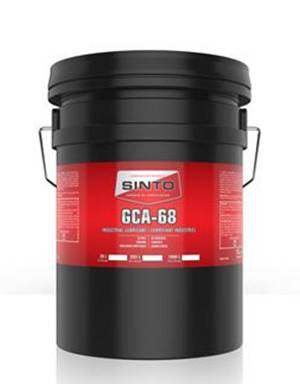Noy . 26, 2024 23:29 Back to list
Advantages of Using HDPE Pipes for Efficient Irrigation Systems in Agriculture
The Advantages of HDPE Irrigation Pipe in Modern Agriculture
In today's agricultural landscape, the effectiveness and efficiency of irrigation systems play a crucial role in crop production and resource management. One of the standout solutions in this realm is the High-Density Polyethylene (HDPE) irrigation pipe, which has gained significant popularity due to its numerous benefits. This article delves into the advantages of using HDPE irrigation pipes in modern farming practices.
Durability and Longevity
One of the most significant advantages of HDPE irrigation pipes is their durability. Made from high-density polyethylene resin, these pipes are designed to withstand harsh environmental conditions. Unlike traditional materials such as metal or PVC, HDPE is resistant to corrosion, chemicals, and UV radiation. This durability translates to a longer lifespan, often exceeding 50 years with proper installation and maintenance. For farmers, this means fewer replacements and repairs, ultimately reducing long-term costs.
Flexibility and Versatility
HDPE irrigation pipes exhibit remarkable flexibility, making them suitable for various agricultural applications. They can easily bend around obstacles and adapt to different terrains without compromising their structural integrity. This flexibility allows for the installation of complex irrigation systems that can efficiently cover irregularly shaped fields. Additionally, HDPE pipes can be used for various types of irrigation, including surface, subsurface, and drip irrigation systems, making them a versatile choice for any farming operation.
Light Weight and Easy Installation
Another significant benefit of HDPE pipes is their lightweight nature compared to traditional materials. This characteristic simplifies transportation and handling during installation. Farmers can easily maneuver the pipes into position without the need for heavy equipment, reducing labor costs and time. Furthermore, the ease of installation means that farmers can quickly set up or modify their irrigation systems, allowing them to adapt to changing agricultural practices or crop types.
hdpe irrigation pipe

Cost-Effectiveness
Investing in HDPE irrigation pipes can lead to long-term cost savings. Though the initial investment may be higher than some traditional materials, the longevity, reduced maintenance costs, and efficiency in water usage often offset these expenses. Moreover, the use of HDPE pipes can significantly reduce water wastage, allowing farmers to maximize their resources and minimize operational costs. Given the increasing pressure on water supplies globally, this efficiency is of utmost importance.
Environmental Benefits
In addition to economic advantages, HDPE irrigation pipes contribute positively to environmental sustainability. Their resistance to corrosion and chemicals ensures that no harmful substances leach into the soil or water supply. Furthermore, HDPE's recyclability makes it a more sustainable option compared to non-recyclable materials. By choosing HDPE, farmers can reduce their environmental footprint and contribute to more sustainable agricultural practices.
Enhanced Water Management
Water management is crucial for successful agriculture, especially in areas facing water scarcity. HDPE irrigation pipes facilitate improved water distribution, ensuring that crops receive the optimal amount of moisture. This precision in irrigation leads to better crop yields and quality, effectively supporting food security. Additionally, HDPE pipes are often equipped with advanced technology, such as pressure sensors and automatic flow regulators, further enhancing water management efficiency.
Conclusion
In conclusion, HDPE irrigation pipes present a plethora of advantages for modern agriculture. From their durability and flexibility to cost-effectiveness and environmental benefits, these pipes are transforming irrigation practices and promoting sustainable farming. As the agricultural sector continues to face challenges related to water scarcity and climate change, the adoption of HDPE irrigation systems can play a pivotal role in ensuring food security and enhancing resource management. Farmers looking to modernize their irrigation practices should consider HDPE pipes as a reliable and efficient solution for a sustainable future.
-
Durable PP Rigid Sheet: Lightweight, Chemical Resistant Solutions
NewsAug.21,2025
-
PVC Grey Sheet for Extraction: Chemical Resistant & Durable
NewsAug.19,2025
-
Durable PVC Pipe Fittings for Plumbing & Irrigation Needs
NewsAug.18,2025
-
HDPE Steel Belt Reinforced Spiral Corrugated Pipe | High Strength
NewsAug.17,2025
-
HDPE Pipe Fittings: Durable, Leak-Proof Solutions
NewsAug.16,2025
-
Premium CPVC Sheet: High-Temp & Chemical Resistant Solutions
NewsAug.15,2025

